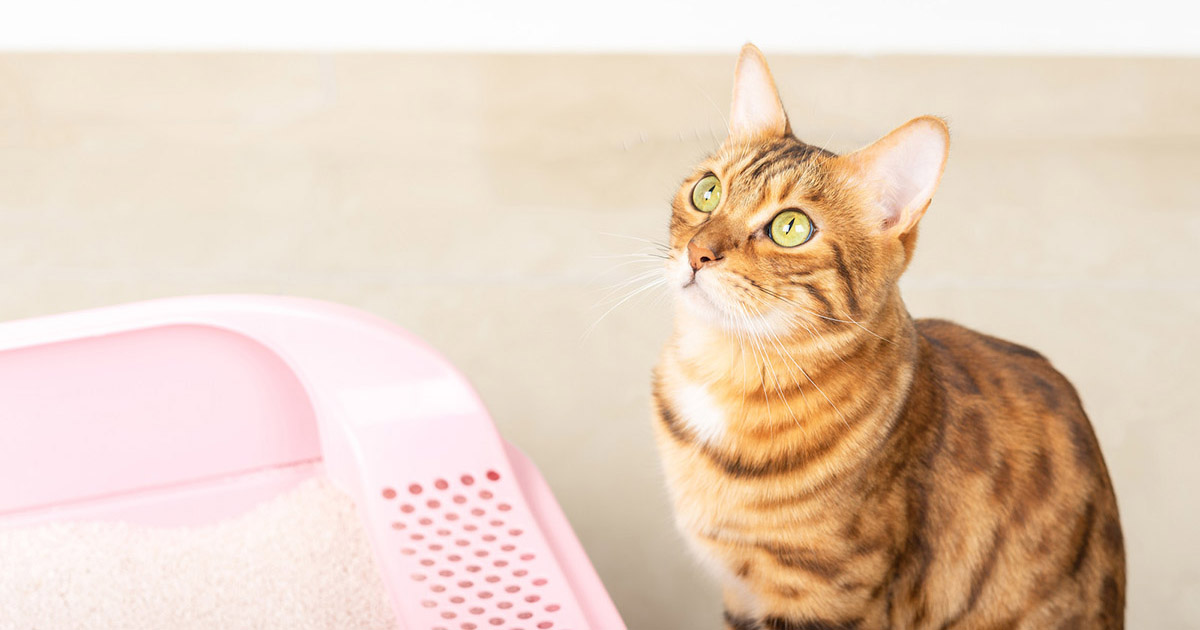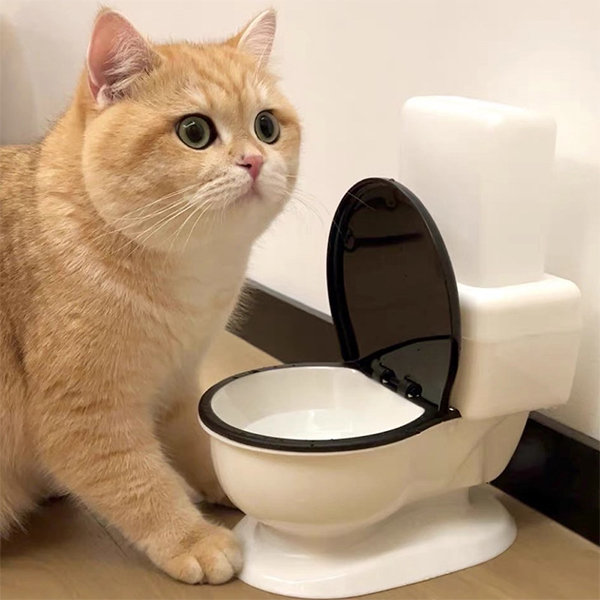The Consequences of Flushing Cat Poop Down Your Toilet - Safeguard Your Pipes
The Consequences of Flushing Cat Poop Down Your Toilet - Safeguard Your Pipes
Blog Article
This great article following next pertaining to Can You Flush Cat Poop Down The Toilet? is seriously captivating. Read it for yourself and decide what you think of it.

Intro
As feline owners, it's necessary to bear in mind just how we take care of our feline friends' waste. While it may appear hassle-free to purge feline poop down the bathroom, this practice can have damaging consequences for both the environment and human health.
Ecological Impact
Flushing pet cat poop introduces hazardous virus and parasites into the supply of water, positioning a substantial danger to aquatic ecological communities. These impurities can adversely impact aquatic life and compromise water top quality.
Wellness Risks
Along with environmental concerns, purging feline waste can additionally pose wellness threats to humans. Cat feces may include Toxoplasma gondii, a parasite that can trigger toxoplasmosis-- a possibly serious disease, especially for expectant women and people with damaged body immune systems.
Alternatives to Flushing
Fortunately, there are more secure and extra liable means to throw away pet cat poop. Think about the adhering to options:
1. Scoop and Dispose in Trash
The most common method of taking care of feline poop is to scoop it right into a naturally degradable bag and throw it in the trash. Be sure to make use of a dedicated trash scoop and take care of the waste without delay.
2. Usage Biodegradable Litter
Opt for biodegradable pet cat litter made from materials such as corn or wheat. These litters are eco-friendly and can be securely taken care of in the trash.
3. Bury in the Yard
If you have a lawn, consider hiding feline waste in an assigned location far from vegetable gardens and water sources. Make sure to dig deep sufficient to avoid contamination of groundwater.
4. Mount a Pet Waste Disposal System
Buy a pet dog garbage disposal system particularly developed for cat waste. These systems use enzymes to break down the waste, decreasing smell and environmental influence.
Final thought
Responsible pet possession extends past offering food and shelter-- it likewise entails correct waste management. By refraining from flushing feline poop down the bathroom and choosing alternative disposal approaches, we can minimize our ecological footprint and protect human health and wellness.
Why You Should Never Flush Cat Poop Down the Toilet
A rose by any other name might smell as sweet, but not all poop is created equal. Toilets, and our sewage systems, are designed for human excrement, not animal waste. It might seem like it couldn’t hurt to toss cat feces into the loo, but it’s not a good idea to flush cat poop in the toilet.
First and foremost, assuming your cat uses a litter box, any waste is going to have litter on it. And even the smallest amount of litter can wreak havoc on plumbing.
Over time, small amounts build up, filling up your septic system. Most litter sold today is clumping; it is made from a type of clay that hardens when it gets wet. Ever tried to scrape old clumps from the bottom of a litter box? You know just how cement-hard it can get!
Now imagine just a small clump of that stuck in your pipes. A simple de-clogger like Drano isn’t going to cut it. And that means it’s going to cost you big time to fix it.
Parasitic Contamination
Believe it or not, your healthy kitty may be harboring a nasty parasite. Only cats excrete Toxoplasma in their feces. Yet it rarely causes serious health issues in the cats that are infected. Most people will be fine too if infected. Only pregnant women and people with compromised immune systems are at risk. (If you’ve ever heard how women who are expecting are excused from litter cleaning duty, Toxoplasma is why.)
But other animals may have a problem if infected with the parasite. And human water treatment systems aren’t designed to handle it. As a result, the systems don’t remove the parasite before discharging wastewater into local waterways. Fish, shellfish, and other marine life — otters in particular — are susceptible to toxoplasma. If exposed, most will end up with brain damage and many will die.
Depending on the species of fish, they may end up on someone’s fish hook and, ultimately on someone’s dinner plate. If that someone has a chronic illness, they’re at risk.
Skip the Toilet Training
We know there are folks out there who like to toilet train their cats. And we give them props, it takes a lot of work. But thanks to the toxoplasma, it’s not a good idea.

As an avid person who reads about How to Dispose of Cat Poop and Litter Without Plastic Bags, I figured sharing that chunk was really useful. Are you aware of anybody else who is enthusiastic about the subject? Feel free to promote it. We love reading our article about How to Dispose of Cat Poop and Litter Without Plastic Bags.
Book-Now Report this page